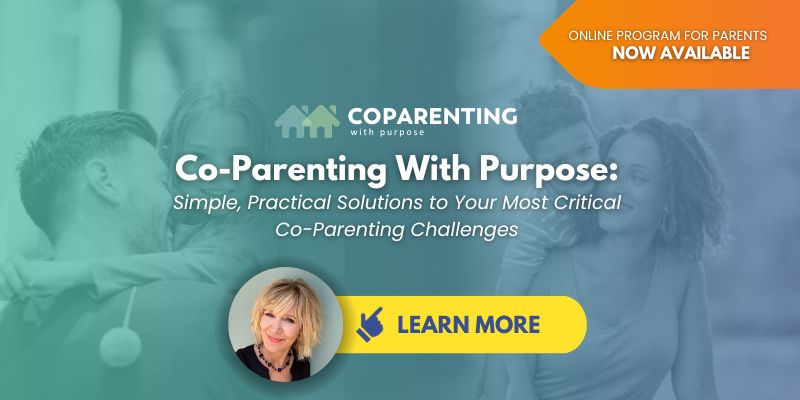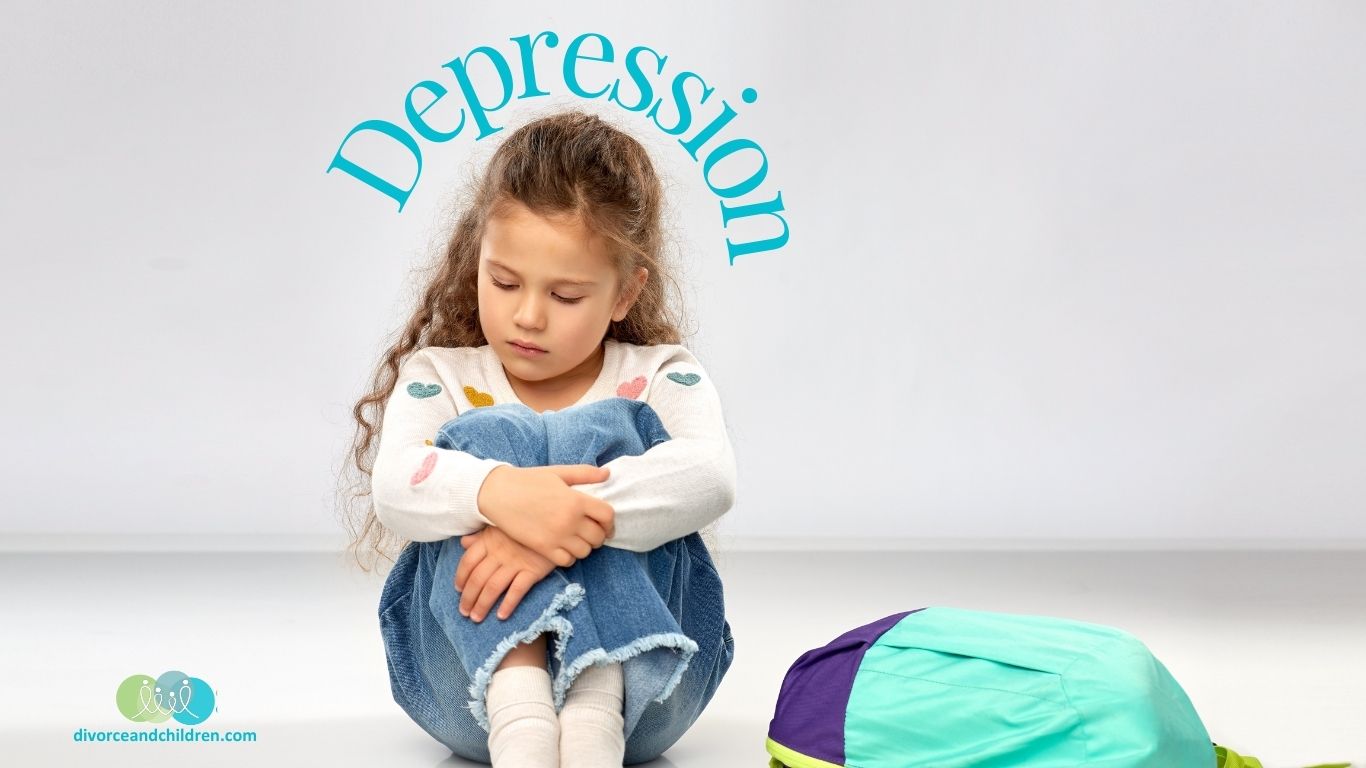Depression
When going through the process of separation and divorce, it is quite normal and expected to feel depressed or intensely sad. For most parents and children, these feelings will diminish over time. However, if you find the sadness is persistent or becomes worse for either you or your children, you should seek professional help.
Generally, professional intervention is recommended if multiple symptoms are experienced for most of the day, nearly every day for several weeks.
Signs of depression for parents:
- Changes in appetite that lead to either considerable weight gain or weight loss without dieting
- Extreme changes in sleeping habits, either an inability to sleep, periods of insomnia or possible sleeping too much
- Persistent feelings of sadness
- Lack of motivation
- Unable to maintain normal activities such as cleaning the house, managing financial matters or caring for yourself
- Feeling excessively tired or fatigued
- Unable to concentrate or focus
- Frequently becoming easily upset, tearful or crying
- Development of physical symptoms, such as recurring headaches, stomach aches or body aches
- Being irritable and short tempered
- Unable to find pleasure in activities you used to enjoy
- In more serious cases, frequent thoughts of death or self-harm
Signs of depression for children:
- Change in academic performance at school
- Withdrawing from family and friends
- Inability to focus, concentrate or stay on task
- Being agitated or irritable
- No longer finds pleasure in activities they used to enjoy
- Persistently sad throughout the day
- Trouble sleeping at night
- Feeling tired or lacking energy
- Easily upset and tearful
- Says things like, “I wish I was never born.” or “Maybe life would be better without me around.”
Again, if you are having ongoing feelings of sadness that are affecting your daily functioning, seek out professional help. While at times it may feel overwhelmingly difficult, try to identify major causes of stress and get help managing day-to-day activities. You may also find that taking some kind of positive action every day no matter how small will help you find the energy you need to get through the day. How can you help your children?
While it is hard to see your child upset or hurt, it is important for them to have an opportunity to feel the sadness. Avoid discounting, changing or covering up their feelings by saying things like, “It’s not so bad” or “It will all be okay.” Some parents make the mistake of trying to indulge their children with things or activities as a way of taking their mind off of the sadness. Usually, this is only a temporary cure. Instead, let your children know they have a right to feel sad about what has happened in the family. As with anger, it’s critical that you help your child find some healthy and acceptable ways to deal with the sadness.
Examples of ways to express sadness
- Keep a diary, journal or write about feelings
- Draw a picture of how you feel
- Talk to a safe, trusted adult
- Have a good cry
- Talk about a time when things felt better and how you might be able to make changes in the future
- Find a book or story about divorce to read and talk about it (suggestions for books can be found in the resource section.)
**For more practical tips and success strategies, check out PARENTING APART, the book. Providing separated and divorced parents the tools they need to raise HAPPY and SECURE kids. As a subscriber, feel free to preview a complimentary sample chapter of PARENTING APART or take a look at the table of contents to see what it has to offer.






